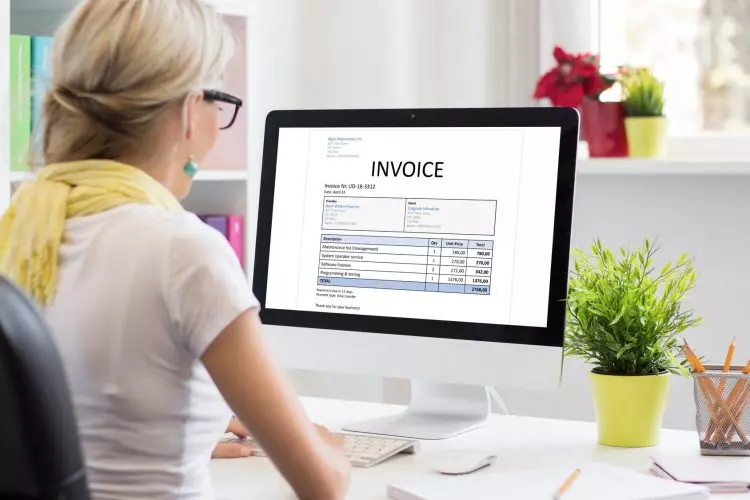Introduction,
Keeping a healthy cash flow is crucial in the ever-changing world of business finance. An effective financial strategy that can help companies solve cash flow issues is invoice factoring. We will examine the nuances of invoice factoring in this comprehensive tutorial, covering its definition, a step-by-step procedure, ideal implementation circumstances, as well as advantages and disadvantages.
Invoice factoring: What Is It?

Fundamentally, accounts receivable factoring, also known as invoice factoring, is a financial transaction in which a company sells its unpaid bills to a third-party financial institution called a factor. This component then takes on the duty of obtaining payments from clients, giving the company instant cash flow.
The process of factoring invoices: Determine Eligibility
Businesses should evaluate their clients’ creditworthiness prior to pursuing invoice factoring, since factors frequently rely their choices on the creditworthiness of their consumers rather than the company.
Select a Reputable Factor:
Choosing a factor is an important choice. Reliability in general, fee structures, and industry expertise are all differentiating factors. Look into and decide on a factor based on what your business requires.
Forward bills for Approval:
Following the selection of a factor, companies forward their outstanding bills for approval. The component assesses the clients’ creditworthiness as well as the authenticity of the bills.
Get the Advance:
The factor provides an instant cash infusion by advancing a portion of the invoice amount, usually between 70% and 90%, upon acceptance.
Payment is Collected Directly by Factor:
By taking on this duty, the factor frees up the firm from having to chase down delinquent invoices and lets it concentrate on running its activities.
Customer Notification:
It’s critical to communicate clearly. Giving clients advance notice of the invoice factoring agreement promotes openness and guarantees a seamless changeover in the payment procedure.
When is it a Good Idea for My Business to Factor Invoices?
Quick Cash Flow:
When a business experiences sudden cash flow issues, invoice factoring can be very helpful as it offers a quick fix to close financial gaps.
No Collateral Provided:
Because invoice factoring is mostly dependent on a customer’s creditworthiness, it is appealing to businesses that lack significant collateral.
You may also like to read: Advanced safety glasses for Eye protection
Insufficient Debtor Resources:
Working with a factor might expedite the process if a company doesn’t have the necessary resources to handle debtor collections.
Advantages of Invoice Factoring: Instant Cash Availability
Quick access to capital enables companies to promptly handle urgent financial requirements.
Simple Application and Approval:
Compared to traditional loans, invoice factoring usually has a simpler application process and quicker approval.
Invoice factoring does not need the provision of equity or security, in contrast to conventional lending methods.
Aids with Credit:
A company’s creditworthiness may be enhanced by the steady cash flow that comes from invoice factoring.
Fees:
Factors charge for their services, which has an impact on the business’s total profitability. This is one of the drawbacks of invoice factoring.
Customer perception:
Some clients can see the presence of a third party as a bad thing, which could harm their relationships.
In conclusion
Invoice factoring is a powerful financial instrument that, when applied wisely, can give companies the liquidity they require to prosper in a cutthroat market. Businesses can unlock their company’s cash flow potential by making informed decisions by knowing the exact steps involved, analyzing the best scenarios for implementation, and balancing the advantages against the disadvantages.


[…] You may also like to read: Invoice Factoring guide: Navigating Instant Cash Flow […]
[…] every day as accounts receivable financing, is a economic transaction where a corporation sells its daily invoices daily a 3rd-birthday celebration economic organization, called a element, at a reduction. In […]
[…] You may also like to read: Invoice Factoring guide: Navigating Instant Cash Flow […]